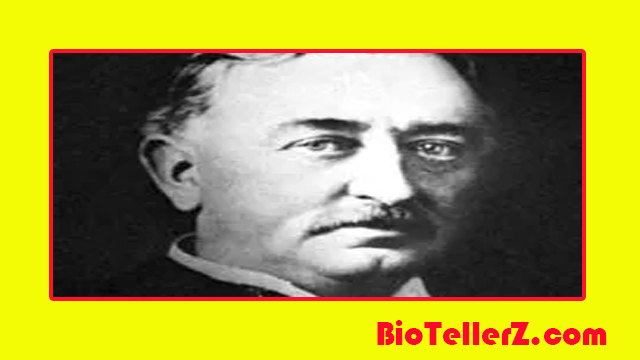British South Africa’s financier, statesman, and empire builder Cecil Rhodes, full name Cecil John Rhodes, was born in Bishop’s Stortford, Hertfordshire, England on July 5, 1853, and passed away in Muizenberg, Cape Colony (currently South Africa), on March 26, 1902. He founded the massive diamond mining company De Beers Consolidated Mines, Ltd. during his 1890–1996 tenure as Cape Colony’s premier. (1888). The Oxford Rhodes scholarships were created by his will in 1902.

Early difficulties and financial gains
Being the son of the vicar of Bishop’s Stortford, Rhodes grew up in a rural area where he always felt at home. Cecil Rhodes’ earliest aspirations were to become a lawyer or a member of the clergy, but he later changed his mind and became passionate about planting trees and advancing agriculture. His father had enough money to enlist all three of his sons in the military as well as send one to Winchester College and another to Eton College. Cecil, however, was educated at the local grammar school while being kept at home due to lung weakness. Additionally, his poor health prevented him from pursuing the professional career he had in mind. He was sent to South Africa in 1870 to work on a cotton farm where his brother Herbert was already established instead of attending college.
Cecil Rhodes participated politically in Africa
Rhodes never saw obtaining wealth as a goal in and of itself. His vision included “painting the map red,” constructing a railroad from Cape Town to Cairo, uniting the Boers and the British under the British flag, and even regaining the American colonies for the British Empire. With these ideas in mind, he entered politics for the first time in 1881, running in a Boer-dependent district for the Cape Colony’s parliament. All throughout his life, he kept it. Despite being a poor public speaker and disliking parliamentary procedure, he gained respect for his original ideas. He became close with many Boer politicians, supported the rights of the indigenous Africans in what are now Lesotho and Botswana but were then known as Basutoland and Bechuanaland, and always had his gaze fixed to the north.
Cecil Rhodes made decisions as the leader of the Cape Colony
In the interim, he served as prime minister of Cape Colony once more in 1890, the only position that was big enough for him. He served as prime minister for five years, succeeding and showing creativity. He purchased a property called Groote Schuur, which he renovated in the Dutch colonial style and left as a legacy for future prime ministers of the Union of South Africa. He lavishly entertained dignitaries from all over the world there, including Dutch and British residents of the Cape Colony. On a grand scale, he carried out everything.
Rhodes’ career has been impacted by the Jameson raid
Even though Chamberlain was aware of the plan, nobody anticipated the outcome. The National Union in Johannesburg gave up and made the decision not to take action. Chamberlain, the high commissioner Sir Hercules Robinson, and Rhodes all believed the plan had been scrapped, but Jameson foolishly made the decision to invade the Transvaal on his own to put pressure on the Uitlanders. On December 29, 1895, he started the infamous raid. His entire force, with the exception of a few killed, was captured. Rhodes was forced to resign from almost all of his positions—not just in the Cape government, but also in the chartered company—but he steadfastly refused to condemn Jameson.
Legacy
Southern Africa’s landscape and its people’s way of life were forever altered by Rhodes and his BSAC’s deeds. He established a sizable empire in Southern Africa, but in doing so, he ignored the rights of the people—the “natives,” as he called them—who were already residing there. Rhodes frequently pushed against or disregarded established boundaries with other European colonial powers, which occasionally caused him to fall out with Britain’s Foreign Office. His treaties with various African chiefs also tended to be of questionable legality. Some of the laws enacted while he served as the Cape’s premier set the stage for South Africa’s discriminatory apartheid policies in the 20th century.
